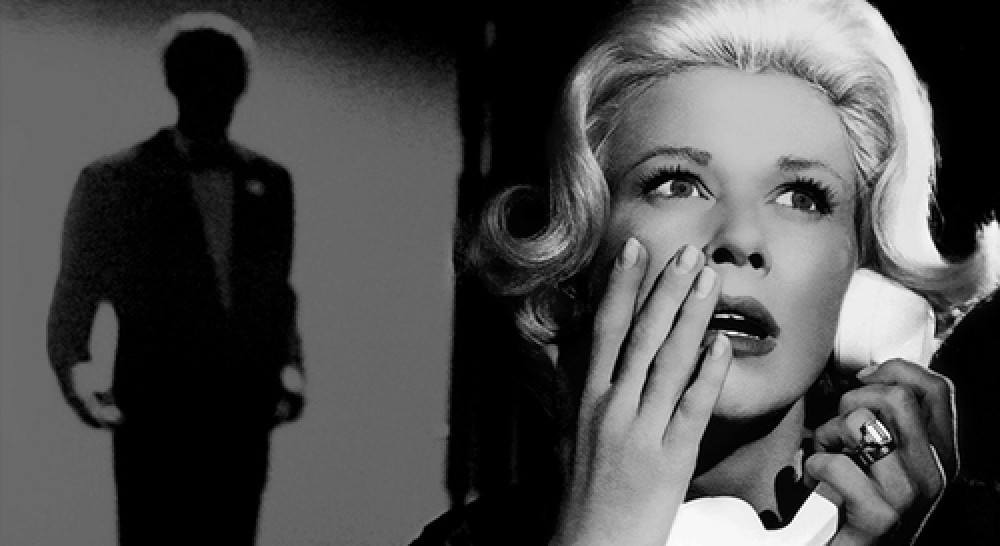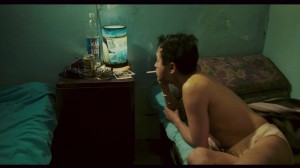Posted by Sarah
All are welcome to attend the fourth of the Summer Term’s screening and discussion sessions which will take place on the 29th of May in Jarman 7, from 4pm to 7pm.
We will screen Keeley’s choice: Happy Together (1997, Wong Kar Wai, 96 mins)
Keeley has very kindly provided the following information:
Happy Together follows the ill-fated love story of Lai (Tony Leung) and Ho (Leslie Cheung) who travel from Hong Kong to Argentina for a holiday. Their relationship goes adrift and Ho leaves for Buenos Aires. A disillusioned Lai starts working at a tango bar to save up for his trip home. When a beaten and bruised Ho reappears, Lai takes him in and the explosive relationship continues, only to inevitably come to an end. After meeting a Taiwanese boy, Chang, at the restaurant where he works, Lai’s life takes on a new path, while Ho struggles to come to terms with his broken heart.
Happy Together is an intentionally contentious choice to screen as part of a melodrama research group so I would like to introduce my selection. Firstly, I wanted to select something close to my own research interests in gender and sexuality studies. Additionally, I also wanted to, following in the vein of Poltergeist, screen something a little different to the wonderful films we have seen so far. So here we have a film featuring gay protagonists from the Hong Kong new wave. Something queer, Eastern and contemporary!
But – is Happy Together a melodrama? Returning to the discussions of ‘what is melodrama?’ that fuelled our early meetings, I would like to propose an investigative analysis of the film in this week’s session. Some things we could discuss:
- Use of music
- Narrative construction – especially the ending
- Character construction and the trope of ill-fated lovers
- Related to last week’s suggested reading, Thomas Elsaesser’s ‘Tales of Sound and Fury: Observations on the Family Melodrama,’ what about the symbolic power that objects (or places) have within the film?
Kenneth Chan’s ‘Tactics of Tears: Excess/Erasure in the Gay Chinese Melodramas of Fleeing by Night and Lan Yu’ offers us an introduction to the cultural context of melodrama in China (and relatedly, Hong Kong) and also a noteworthy discussion of homosexual pleasures and narratives within the Chinese melodrama. Significantly, I believe it also offers us a way to understand some of the problematic parts of the film which perhaps negate the elements of melodrama which are present. With this in mind I think it will be particularly useful to draw upon Chan’s analysis of the ‘erasure’ of melodrama in Lan Yu (p.154 onwards) in our own discussion of Happy Together.
Do join us if you can. And please note we start at 4pm.

